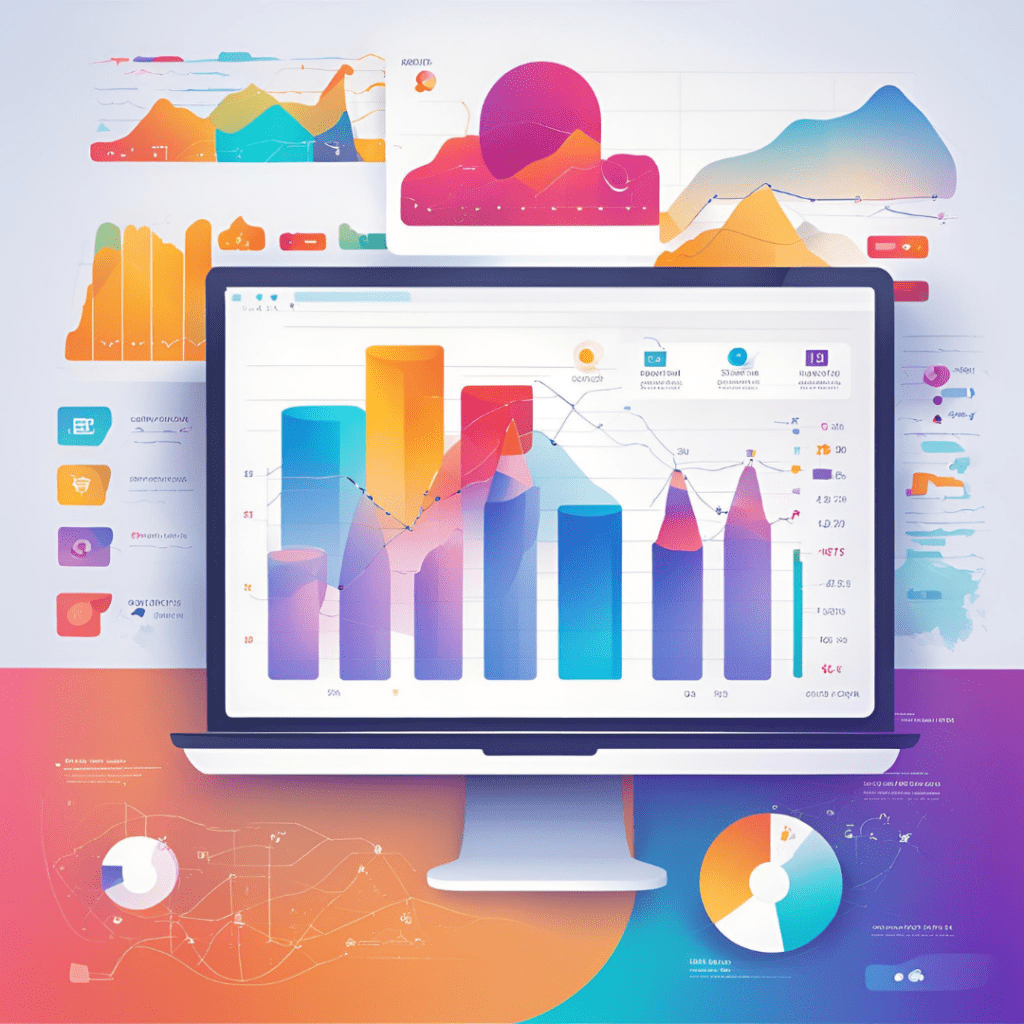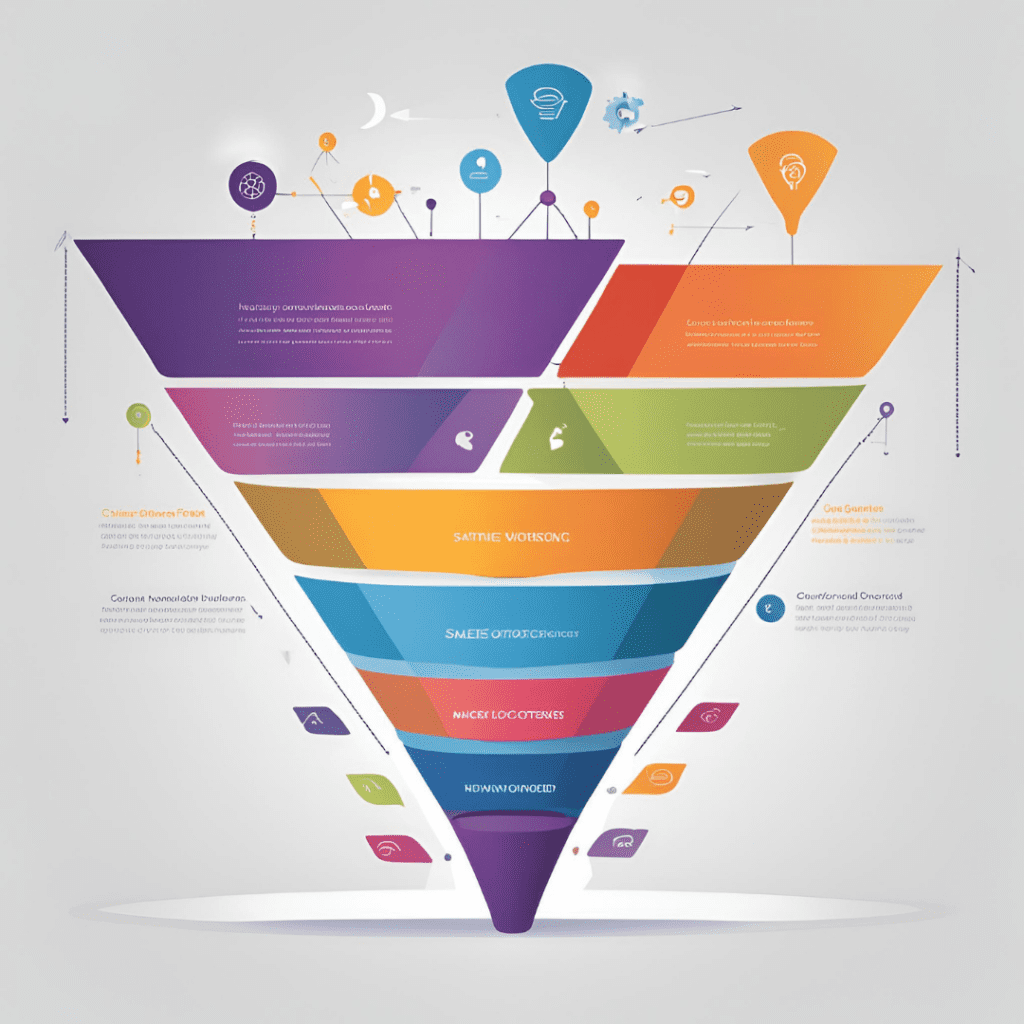Does your small business website need powerful content, like a blog? Contact us today to see how we can help!
Table of Contents
Do I need a blog for my website?
Yes! Here’s why.
It enhances your SEO

What is SEO?
SEO stands for Search Engine Optimization. It is the process of optimizing your website and online presence to rank you higher on search results, such as in Google. This ultimately brings in more traffic, more clients, and more customers.
Search engines like Google absolutely love fresh content, and a blog is the perfect way to create it! An update blog tells Google that your website is actually active and up to date.
Keywords are whatever someone is searching for on Google. For example, “bowling alleys in Vancouver” is a keyword. “Best smartphones 2024” is also a keyword. A blog allows you to naturally include keywords related to your business. This helps you rank higher on Google, to bring in a higher traffic flow.
When you create a blog, you are creating new pages with every post. This gives Google more opportunities to index your content. This gives you more power behind your SEO campaign, as more of your pages will appear on Google.
Google also likes internal linking. An internal like is a link that sends you to another page on your website. It helps Google navigate your website when crawling it.
If your blog content is of high-quality, it is more likely to be shared and referenced. A backlink is created when another website links to your website. If the site linking to you is authoritative, you also seem more authoritative. Backlinks are extremely powerful in ranking your website higher on Google!
Blogs help people by answering their questions and providing value. If people are captivated by your blog posts, they will stay longer on your website. This creates a low bounce rate, which shows Google your website has something to offer.
If your blog answers a common question, it can appear in the featured snippet on Google. This is a powerful bonus to help you pull in more traffic. They appear above the organic search results, putting you at the top!
A blog also helps your SEO with local traffic. It allows you to rank higher for more local keywords. A local keyword is simply a keyword that involves your geographic location. For example, “pizza in Thunder Bay”. By targeting these keywords, you rank higher for people searching for businesses near them.
Social media is huge, and a great blog can reap the benefits. If people like what you write, they will post it on social media. This engagement will create more backlinks over time, which is perfect for your SEO.
Finally, if your content is focused on a central topic, you can create what is called a content cluster. It’s a way of organizing your content to show Google you are an authority. You could create a pillar page, which is a comprehensive and high-level resource on a broad topic. Then, support it with a bunch of cluster pages that go more in depth or into focused subtopics. This positions you as an expert!
It makes you authoritative and credible
An effective blog gives your readers useful and relevant information. If your blog is focused on a question, it should totally answer it. When people learn from you and find you helpful, you are now seen as a trusted source. It tells the world you know your stuff!
When you answer questions or solve people’s problems, you are meeting your audience needs. A blog post for a plumber like “how to fix a leaky drain” shows you’re an expert. It positions you above your competition.
When you post about new trends in your niche or industry, you seem up-to-date and become a “thought leader”. It highlights your knowledge and gives you guru status! You seem more professional because you understand all of the new advancements.
Another awesome opportunity with a blog is that it allows you to showcase your real-world experience. For example, you can share case studies or success stories. This not only creates more social proof (a powerful motivator in psychology), but positions you as an expert.
It boosts your sales funnel

A sales funnel is a journey for your customer. It takes them from finding out about your business and leads them to make a purchase. A typical sales funnel has four distinct parts:
- Attract: Draw people into your website using SEO or paid advertising.
- Engage: Deliver great content that educates and develops their interest.
- Convert: Give them reasons to buy.
- Delight: Give them great after-purchase support.
A blog can help guide a customer through your sales funnel.
At the awareness stage, your blog can educate people searching for a solution to their problem. This introduces them into your brand. Ideally, your blog should contain target keywords to increase your outreach. Your blog can further draw in people on social media if people share your content.
At the middle of the funnel, also called the consideration stage, your blog can highlight how your service or product helps with a problem or need. For example, “5 reasons why our auto repair will save you money”. You can showcase your expertise through case studies or guides and industry insights. This all makes you the authority of your niche.
The key here is to explain your benefits and to address objections or concerns.
At the end of your funnel, known as the decision stage, your blog can influence people to take action. Your blog should contain calls-to-action, like making a purchase or booking an appointment. Blogs can directly link to product pages or contact forms.
Finally, it’s time to turn those customers into advocates! Your blog can teach your customers how to use your product or service. For example, “6 easy ways to use our gardening tool”. Your blog can upsell by introducing related products and services, like a premium subscription.
Also, your blog can be put into marketing emails to further nurture leads in your funnel. You can share tips to subscribers, leading them into buying your products or services.
It creates a personal connection
A blog makes you seem like a genuine person to your target audience. It allows you to connect with them on a personal and emotional level.
You can share stories and experiences to your readers. You can write personal narratives about your journeys, experiences, or behind the scenes. For additional social proof, you can use testimonials to show how you’ve helped real people.
Your blog shows empathy towards people looking for a solution. You can share how you understand their exact problem, and suggest a solution.
You should always write in a friendly and conversational tone. This makes you seem human, and not some faceless brand. You could adjust your message to follow the specific personality of your brand.
If enough people read your blog, you will see comments. This is an excellent way to communicate with potential customers. It makes them feel understood and heard. You can thank them and address any more problems they may have.
Finally, you can share milestones in your business journey. This makes readers feel like they are a part of your community.
In conclusion
A blog is an excellent way to further market your business. It is a necessity for ranking higher on Google, driving more sales, and creating an emotional connection with your target audience. Experiment with different content to see what makes that magic spark and brings in results!




